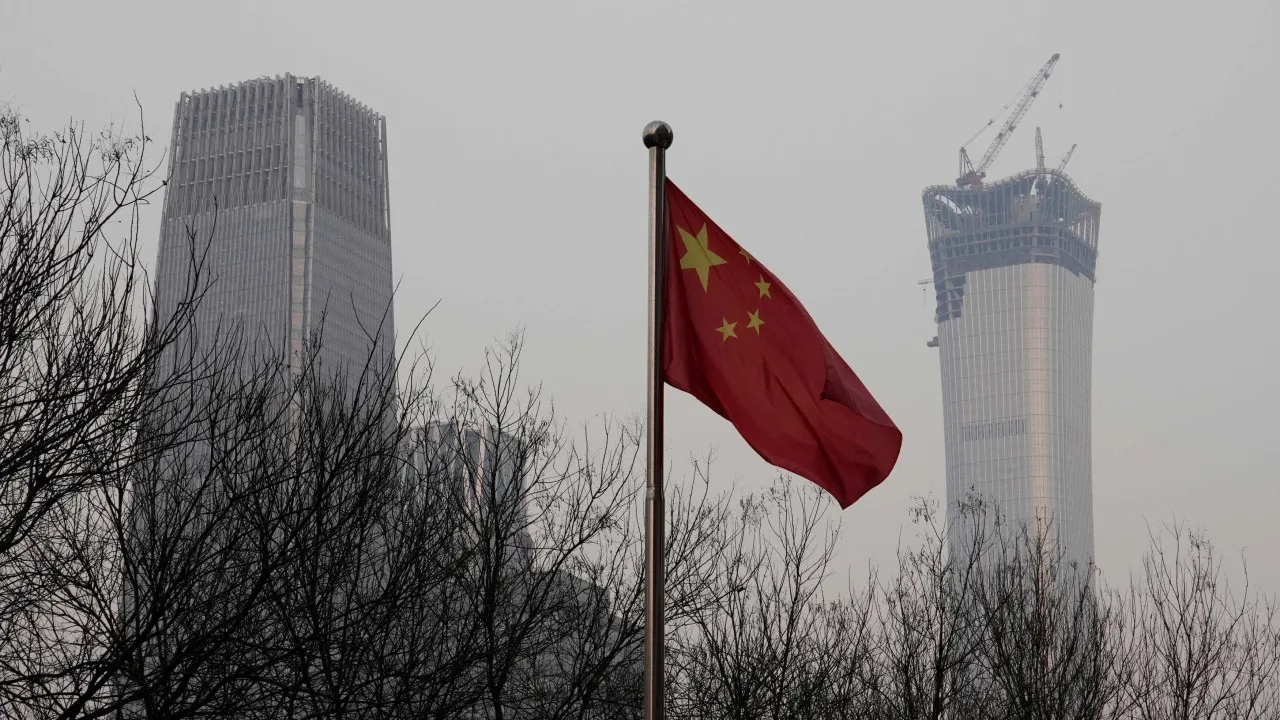
Few believe that a sustained increase in prices is returning, primarily due to weak domestic demand, highlighted an editorial published on Sunday. Beijing has made efforts to encourage consumption but must go further, particularly by strengthening pension systems and social benefits to reduce household precautionary savings.
The deflationary trend will not be halted if the Chinese Communist Party does not also address the excess supply, the editorial noted.
Deflation involves a decline in prices over time, as opposed to inflation. This phenomenon reflects weak domestic consumption and investment and is particularly dangerous, as a drop in asset prices, typically contracted through credit, creates an imbalance between loan values and bank guarantees.
Another effect is delaying consumption and investment decisions due to expectations of lower prices in the future, potentially creating a downward spiral of prices and demand that is difficult to reverse, impacting the entire economy.
The risk of deflation in the Chinese economy has worsened over the past two years, triggered by a deep real estate crisis that affected investment and consumption, and excess production capacity in various sectors.
Producer prices have been falling since October 2022, as Chinese factories reduce prices to maintain market share in traditional industries such as steel and cement, as well as in modern sectors, including electric vehicles, solar panels, and artificial intelligence.
The British newspaper recalled that Chinese President Xi Jinping and other top officials have shifted from denying external concerns about excess production capacity to criticizing domestic manufacturers for the phenomenon of “neijuan” (“involution”), a term used to describe excessive price competition.
The editorial emphasized that Beijing’s own policies have fueled the issue, with investments in “new quality productive forces” targeting advanced technologies and new industries, sparking a race to attract political support and local subsidies. The result is “a surge of investment with excessive duplications,” leading to price cuts and the accumulation of stored products, from electric vehicles parked at ports to unused semiconductors for artificial intelligence systems.
“It is becoming increasingly difficult for Chinese manufacturers to export this excess production, as trading partners are more aware of the impact of importing cheap products on their local industries,” the newspaper noted.
Several of China’s major trading partners, including the European Union, United States, and developing countries such as Brazil, have adopted protectionist measures, including higher tariffs, and launched ‘antidumping’ investigations against China. Dumping involves selling below the cost of production.
The Financial Times argues that Beijing should limit “state generosity” and create a more unified domestic market by restricting the distorting incentives of local governments. It further suggests altering provincial targets, reducing emphasis on Gross Domestic Product, and strengthening intellectual property protection to encourage more innovative differentiation.
According to the editorial, Xi Jinping might attempt to set production caps and pressure manufacturers to reduce supply, but “Beijing would do well to realize that its excessive support is the problem.”
“The state can build factories, but it cannot manufacture efficiency,” the Financial Times points out.




